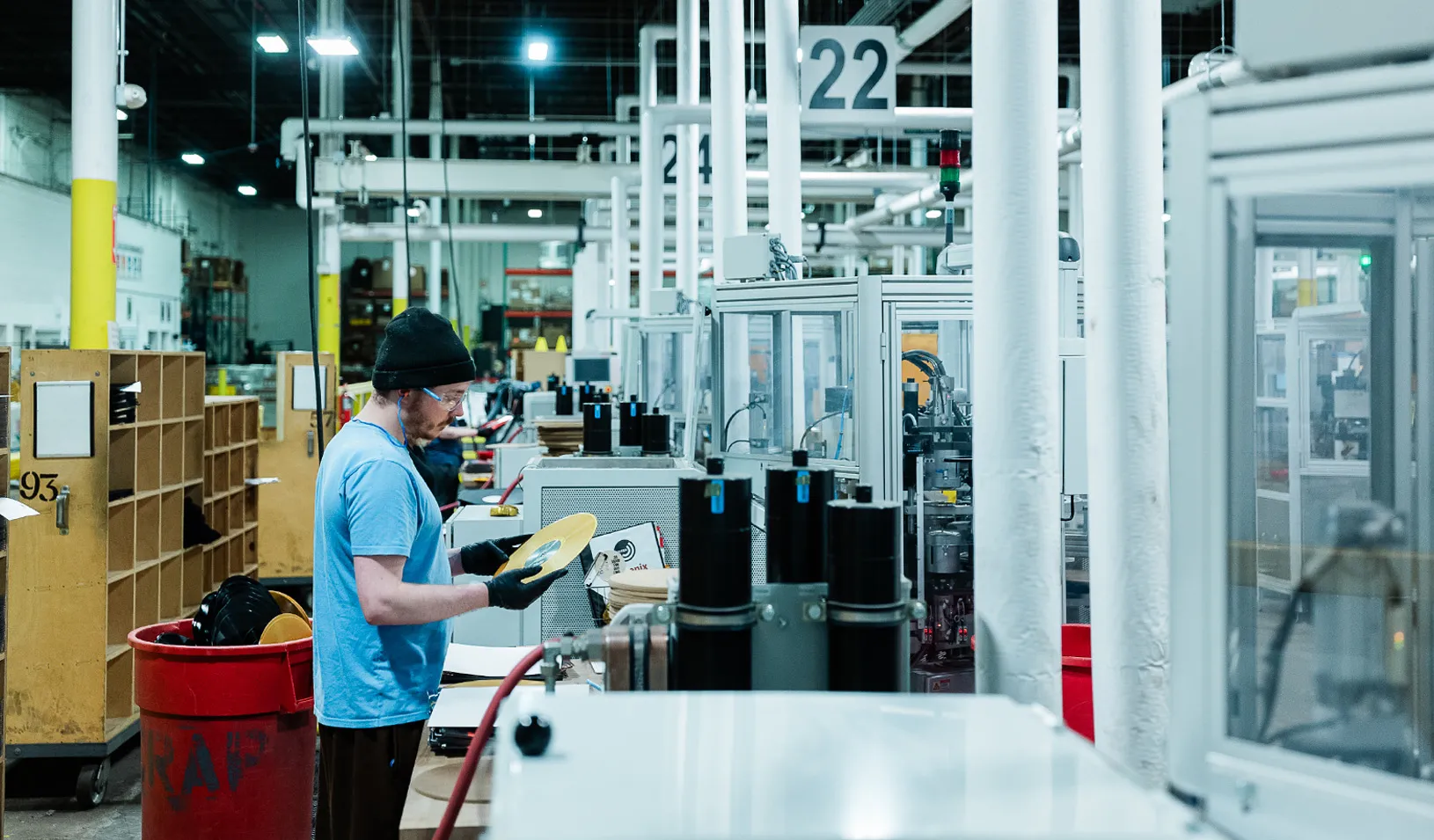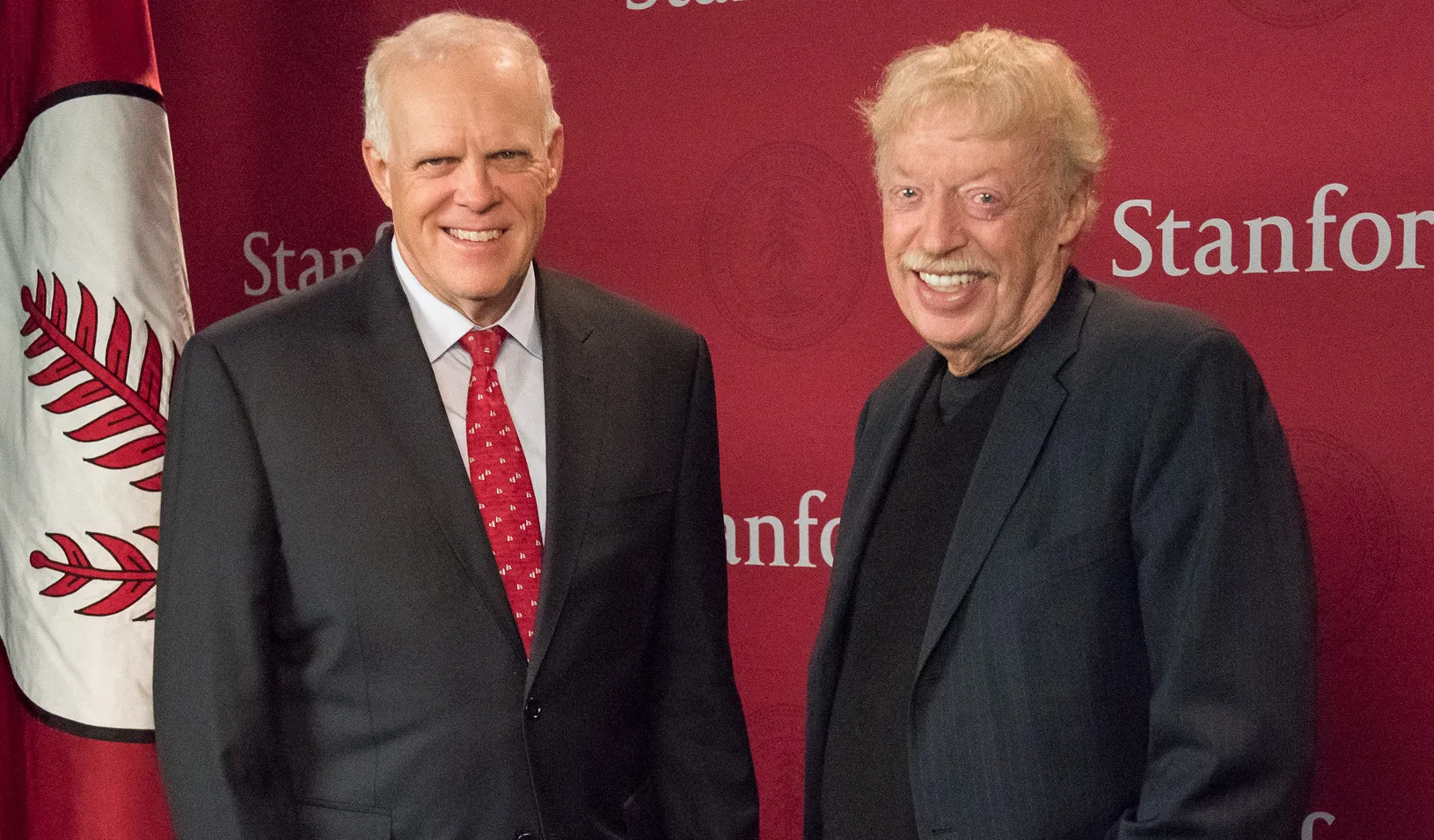How “Ecopreneurs” Spent Their Summer of Sustainability
Students in the new Stanford Ecopreneurship program spanned the globe to help build climate-focused ventures.
October 23, 2023
Last spring, the GSB joined the Stanford Doerr School of Sustainability to launch the Stanford Ecopreneurship program, which enables graduate students to build organizations that will bring sustainability solutions to scale.
Over the summer, participants in the inaugural Summer Ecopreneurial Immersion and Internship Programs and this year’s Stanford Impact Founder Fellows received coaching and supplemental income as they researched, designed, and developed their ventures. These are some of the 35 aspiring ecopreneurs who formed a supportive community as they spread out across the globe.
Bharti Singhla, MBA/MS Environment and Resources ’24
Delhi, India

Bharti Singhla | Saumya Khandelwal
Electro Scan has developed a technology for extracting ammonia from wastewater. The technology is the work of Sustainability Accelerator grant recipient and assistant professor of chemical engineering William Tarpeh and postdoctoral scholar Kindle Williams.
“In our work this summer, we’ve discovered something we weren’t expecting: Some of the treatment plants’ biggest challenges are around training. They have invested in equipment, but don’t have a workforce that can operate it effectively. This insight will greatly influence our product design to provide a truly holistic solution for wastewater treatment.”
“We’re trying not to let a very precious resource — which emits a lot of carbon dioxide in its production — go to waste. We recover the ammonia to be used as fertilizer, and at the same time, we’re removing the pollutant from the wastewater streams.”
Ignacio (Nacho) Sabaté, MBA ’24
Philadelphia, Pennsylvania

Ignacio Sabaté | Vikrant Tunious
Perseus’ quick-curing composite material has the potential to make the manufacture of wind turbine blades faster and less energy intensive. The project is a collaboration with Stanford postdoctoral researcher Dan Lee and John Feist, PhD ’23.
“One of my biggest learnings has been how to effectively take something super technical and still in development and think about how to communicate it to the broader business world. We’re still in the qualification phase of the material, so there are a lot of open questions about what the future will look like. To me, ecopreneurship means being mission-driven — that’s been the guiding light for our team.”
“We’ve been asking ourselves some big questions: How do we quantify our impact? How do we measure how much it will actually move the needle?”
Meghan Wood, MBA/MS Sustainable Energy Systems ’23
Toronto, Canada

Meghan Wood | Dewey Chang
Vatio seeks to make solar energy accessible and affordable with a solar-in-a-box solution. It was developed in the GSB’s Startup Garage course, where Wood teamed up with Ignacio Santillana and Hector Perea, both MS ’23.
“I didn’t come in with a technical background, but after a summer of research, interviews, and product iterations, I’m at a point now where I understand how a home’s electrical wiring works. In a few short months, I’ve got the basic technical understanding down, even if I’m not the one building the physical product.”
“Our team knows we need to have some bias toward action, but we’re still figuring out the balance: information gathering versus iterating the product. And right now, there are still a lot of questions: How to make something people will want to buy that will also fit regulation, and make sure we secure the right go-to-market partner?”
Thilo Braun, MBA ’22/MS Energy, Environment, and Natural Resources ’23
Palo Alto, California

Thilo Braun | Drew Kelly
And Battery Aero is developing battery systems to decarbonize heavy transportation, starting with aviation.
“I’ve been bringing aircraft manufacturers and operators into the process very early to close the design loop. Our original target was air taxis: small four- to five-seat aircraft that take off and land vertically like a helicopter for short-distance travel. It’s a revolutionary use case for aviation. I think there’s also a new era of regional air mobility enabled by electrifying conventional aircraft — serving rural areas around the U.S. and the world that have historically not had air travel in their proximity.”
“We’ve developed a battery system that is half as heavy as the batteries in electric vehicles. The battery retains the same energy and enables aircraft to lift off the ground and fly commercially relevant routes, like San Francisco to Los Angeles. Battery-electric is the only way to go truly emission-free in aviation, and we think it can also reduce the cost of flying by as much as 60%.”
Shiro Keziah Wachira, MA International Policy ’23
Nairobi, Kenya

Shiro Wachira | Nyasha Kadandara
Growing Acres is a nonprofit that builds curricula for farmers in sub-Saharan Africa so they can develop climate-adaptive farms.
“Most farmers think, ‘I don’t need agronomy training.’ But when we visit these farms, we see the many ways they could be spending less. Growing Acres has a three-pillar curriculum that spans technical training, strategic business training, and values-based leadership.”
“My ideal future would be building a cohort of people who have the skills to build a successful career in ag. They see a path to not just lift their families out of poverty but to actually live a good life.”
Oleksandr (Alex) Vovk, MBA ’24
Santa Barbara, California

Alex Vovk | Keri Oberly
Universal Clean Energy brings solar power to communities with limited access to clean and cheap energy.
“I’m starting in California, where I see a big problem with solar: homeowners with good credit can finance rooftop solar installations and reduce their monthly electric bill. They end up consuming less from the grid, leaving low- and middle-income families footing a larger share of the bill for common grid infrastructure. Community solar is a tool to address that: solar farms are built offsite — on warehouse roofs, landfills, or underutilized land — and then low- and middle-income families can purchase that energy.”
“I’m pursuing the renewable energy space for two reasons — one is environmental, but another is geopolitical. I’m from Ukraine. I’d like to see a world not dependent on fossil fuels for energy needs. And I can make an impact by accelerating the build-out of renewables.”
For media inquiries, visit the Newsroom.
Explore More
Maker: United Record Pressing

Phil Knight Honored with Uncommon Citizen Award

Catherine Roberts Joins Stanford GSB as CCMO
